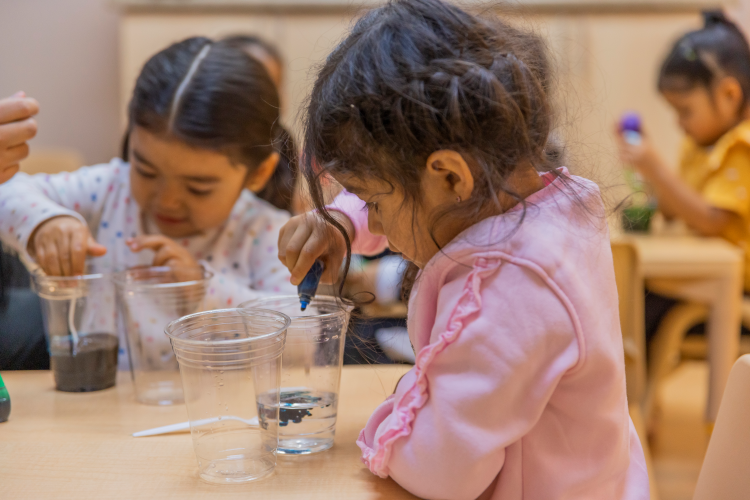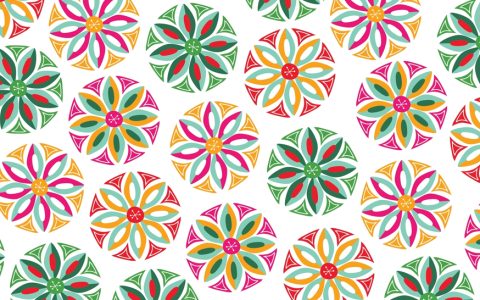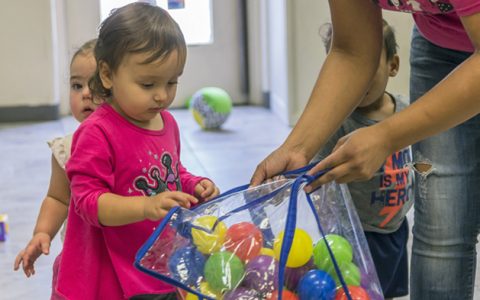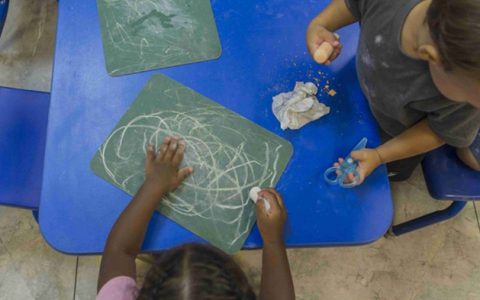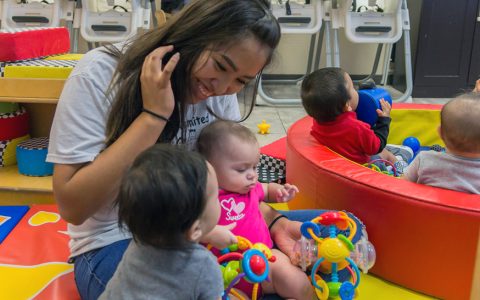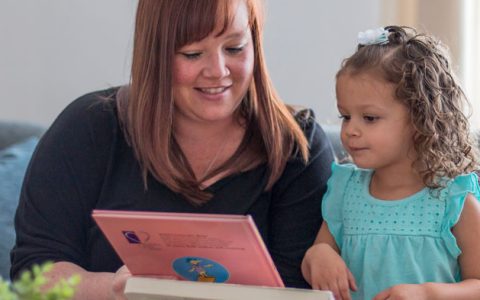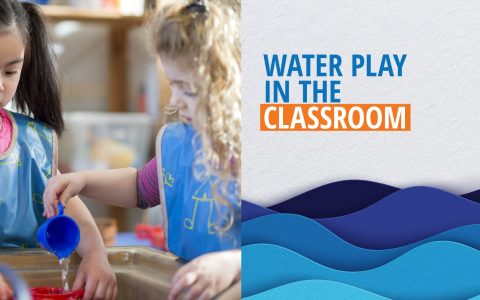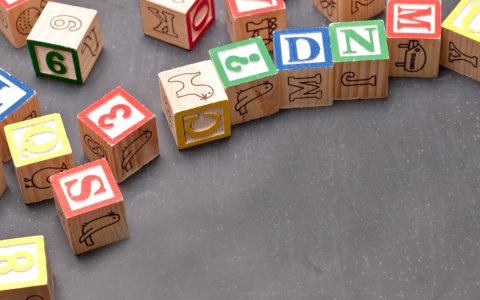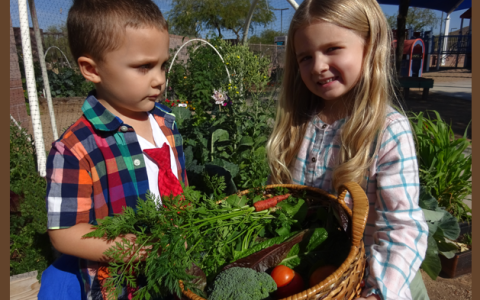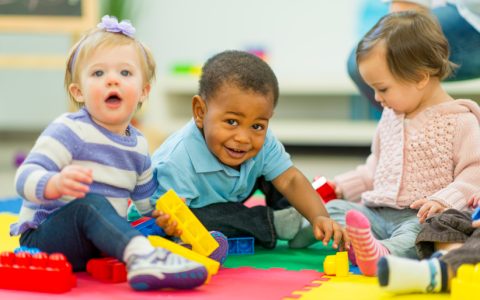As early childhood educators, when we discuss higher-order thinking skills or critical thinking, we may think about science, technology, engineering, the arts or mathematics (STEAM). But higher-order thinking refers to a way of thinking, not a specific content area. It is about how a child learns, rather than what. As educators, we focus on providing
Category: Early Learning
Handling the Holidays: Honoring different cultures and traditions
As early childhood educators, it is our responsibility to understand, respect and honor each child in our care without bias. Many programs have families enrolled with a variety of different backgrounds and experiences. Even in programs that appear homogeneous, families have different ways of celebrating their traditions. Quality early learning programs partner with families in
Communication Matters: Talking with families about learning through play
How do you respond when parents ask: “Do the kids just play all day?” If you’ve ever struggled to respond to this question, you’re not alone. There are many different ideas about how children should learn. How you communicate with families about your program and your quality early learning practices will benefit them in the
V is for Vision: Casting your vision for quality
In Quality First, we use the VISION model to guide the quality improvement journey, and every journey needs a roadmap. In this first stage, you’ll focus on vision casting. As back-to-school season is upon us, educators are busy making plans for the year. The season is full with planning for the year’s special events, planning curriculum
Setting the stage: Learning through free play
“Play is often talked about as if it were a relief from serious learning. But for children, play is serious learning. Play really is the work of childhood.” – Fred Rogers Why do we think of play and learning as two opposing ideas? Is it because playing is fun, often spontaneous, and because it feels
Family child care: Where we love is our home
“Where we love is our home—home that our feet may leave, but not our hearts.” — Oliver Wendell Holmes What does the word home make you think about? For many of us, home means comfort, safety, warmth and familiarity. It is a place where we can truly be ourselves and enjoy close relationships. A home
Water play activities to support learning
Offering water play in the classroom and outdoors provides an engaging way to introduce science and math concepts. It provides opportunities for problem-solving, creative thinking and practicing social skills and language development. As with any type of activity, offering variety can create renewed interest and support children’s learning. Here are ways to make the most
Tools to reduce preschool expulsions
Did you know that preschoolers are three times more likely to be expelled than children in kindergarten through 12th grade? In many cases, preschoolers are suspended or expelled due to challenging behaviors that educators feel unequipped to handle. When faced with behavior challenges in your classroom or care group, it’s important to know you are
Outdoor classroom is fertile ground for learning
Plants, mud, bugs – the outdoors can be a wondrous place for children to explore and try gardening. Early educators, like Kelly Simmons, understand the importance of kids getting grass under their feet and are making deliberate choices to connect children to nature. “My passion is to provide the highest quality early childhood program possible,
